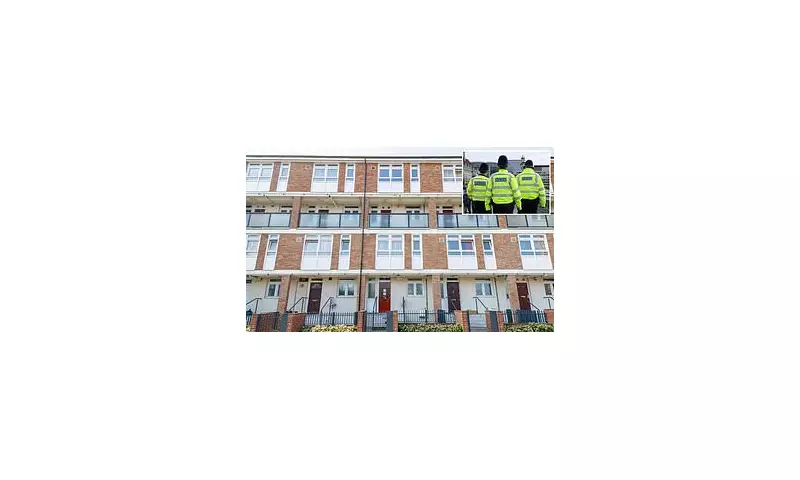
An explosive investigation has uncovered a deeply concerning scheme within the Labour Party that critics are labelling the most blatant "cash for votes" corruption scandal in modern British political history.
The Systematic Plot to Buy Votes
Labour is allegedly planning to corruptly allocate precious council houses to potential supporters in marginal constituencies, completely bypassing the established waiting list system that thousands of desperate families depend upon. This scheme would effectively use taxpayer-funded social housing as political currency to secure electoral victories.
How the Corrupt Scheme Would Operate
According to leaked documents and insider accounts, the controversial plan would involve:
- Prioritising housing allocation based on political allegiance rather than genuine need
- Targeting marginal seats where council house allocations could swing voting outcomes
- Effectively disenfranchising vulnerable families who have waited years for proper housing
- Creating an unfair advantage in key battleground constituencies across England
Political Backlash and Outrage
Conservative MPs have reacted with fury to the revelations. Former Minister Sir Jacob Rees-Mogg didn't mince words, stating the scheme represents "the most corrupt idea I have ever heard." He emphasised that council houses should be allocated based on need alone, not political manipulation.
Housing Secretary Michael Gove has launched an immediate investigation into the allegations, vowing to protect the integrity of social housing allocation and prevent what he called "blatant voter bribery."
Labour's Defence and Ongoing Controversy
While Labour has attempted to dismiss these allegations as political gamesmanship, the party's history of similar controversies raises serious questions. The shadow of former Labour MP Margaret Moran's £60,000 expenses fraud still looms large over Westminster.
This latest scandal threatens to undermine public trust in both the social housing system and the political process at a time when housing availability represents one of Britain's most critical issues.
The revelations come as millions struggle with housing costs and waiting lists grow increasingly longer, making the potential corruption of the allocation process particularly damaging to public confidence in fair governance.





